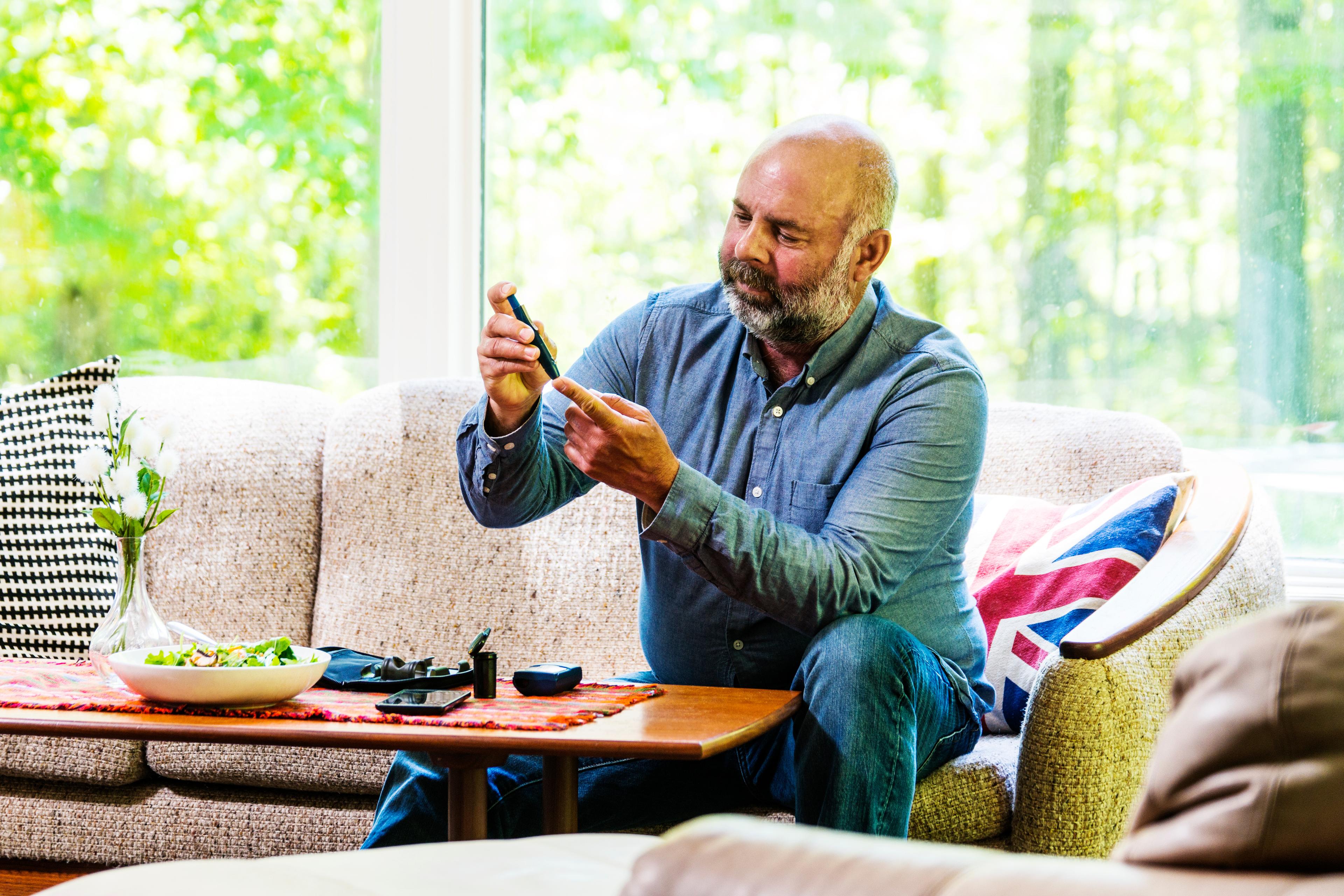JUMPSTART BLOG
Managing Low Blood Sugar (Hypoglycemia)

When first starting on your low carb journey, you might have some questions about how it may impact your blood sugar levels. It is very important to talk with your clinician who manages your diabetes before you start a low carbohydrate meal plan as certain medications may need to be adjusted or stopped before you start this meal plan.
In this post, we will walk through how to identify low blood sugar, also called hypoglycemia, and what to do if your blood sugar does go too low.
Low Blood Sugar (Hypoglycemia)
A low blood sugar occurs when the sugar in your blood drops below the normal range, usually below 70 mg/dL. Some people may experience symptoms of low blood sugar at higher ranges too. Although variations in blood sugars are normal throughout the day, you will need to take action if you drop too low or begin experiencing symptoms as hypoglycemia can be dangerous if left untreated.
If you are taking certain medications for diabetes, you will need to review your medications with your care team prior to starting a low carbohydrate meal plan, as your blood sugar may drop lower than normal.
Symptoms of low blood sugar include:

- Shakiness
- Dizziness
- Sweats and chills
- Blurred vision
- Rapid heartbeat
- Nausia
- Tingling or numbness
If you have any of the above symptoms, check your blood sugar if possible. If your blood sugar is below 70 mg/dL, follow the 15-15 Rule below.
If you are not able to check your blood sugar, you may still proceed with step 1 of the 15-15 Rule and seek medical care.
Treating low blood sugar (hypoglycemia) with the 15-15 Rule:
Step 1: Eat 15 grams of carbohydrates to raise your blood sugar. (see below for examples)
Step 2: Wait for 15 minutes.
Step 3: Recheck your blood sugar.
Step 4: If your blood sugar is still under 70 mg/dL, repeat steps 1-3 until your blood sugar is at least 70 mg/dL.
Step 5: When settled, have a snack or meal to maintain your blood sugars in normal range.
Some examples of 15 grams of carbohydrates include:

- 4 oz juice or 4 oz regular pop
- 2-3 hard candies
- 1 tablespoon honey, sugar, or syrup
- 2-3 glucose tablets
If you continue to experience these symptoms, seek urgent care. Otherwise, notify your care team as soon as possible to discuss your medications.
For more information, check out the ADA websites:


